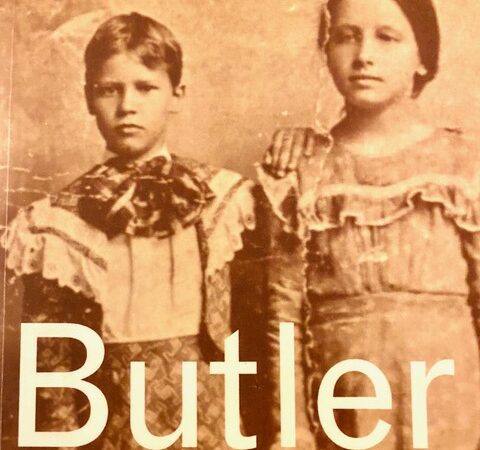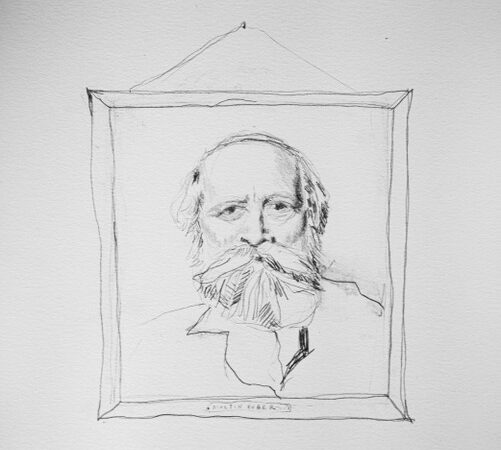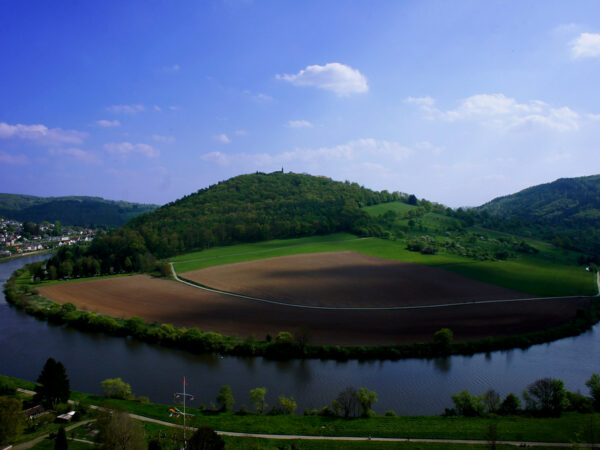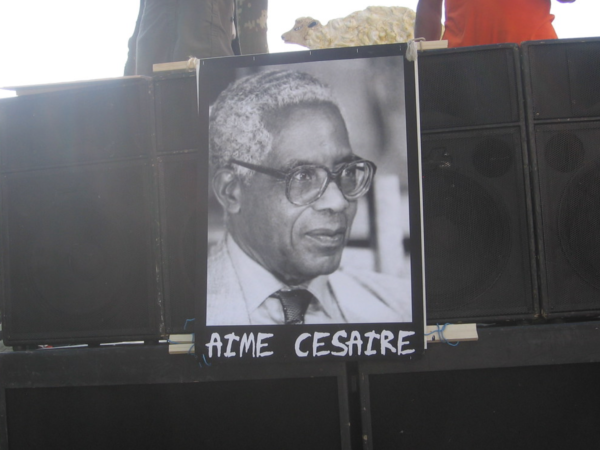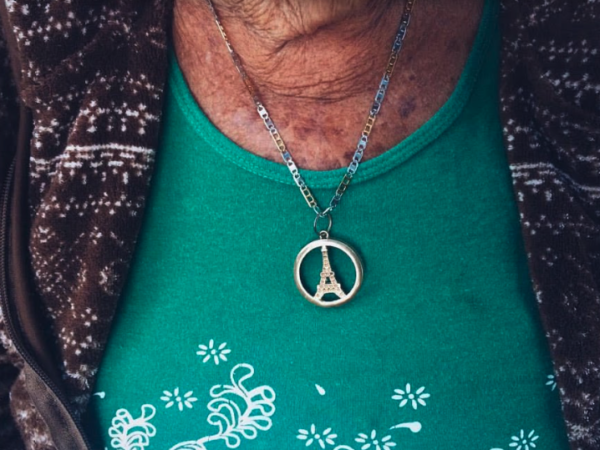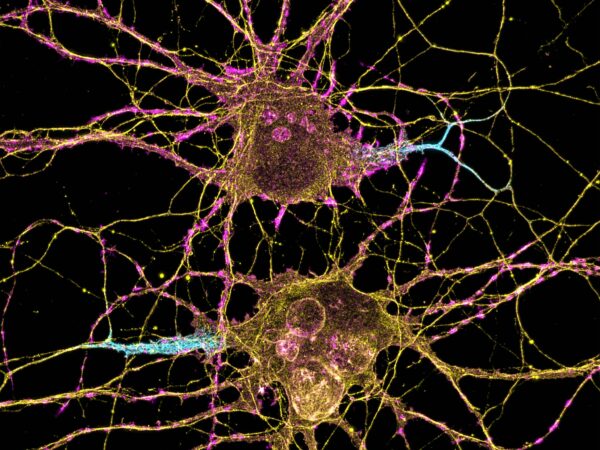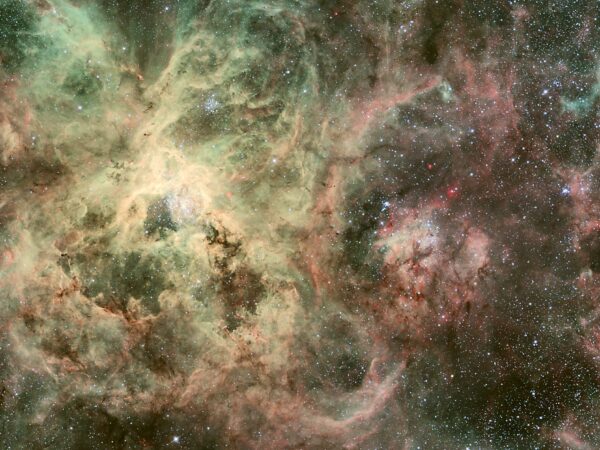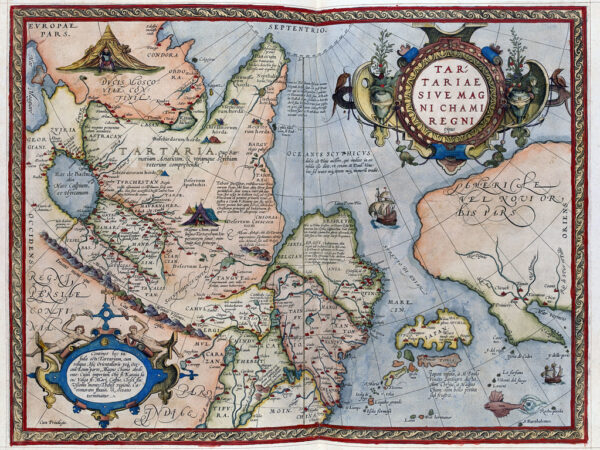
Chen suggests that Western political theologians should incorporate more resources from local knowledge—such as popular culture, literature, films, and music—in order to notice resistance in daily life.
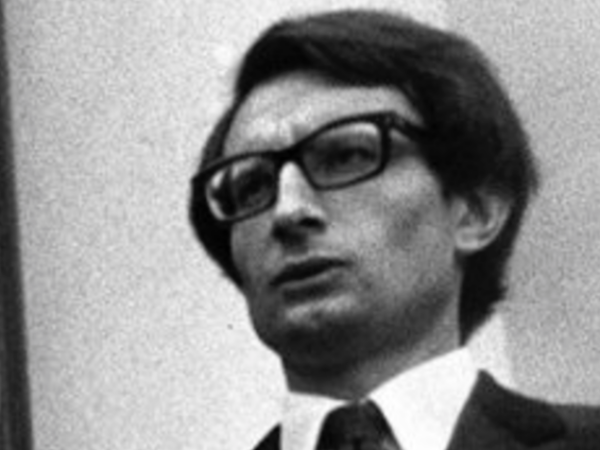
[Marion’s] central concepts and phenomenological method offer an ambiguous resource for political theology: on the one hand, he articulates a rigorous method of doing phenomenology which is trained to remain open to phenomena historically ignored and marginalized, and on the other hand, his own conclusions can veer towards a Christian triumphalism which is in danger of betraying the primary aim of his philosophical project.

Psychopolitics is Han’s main contribution to political theory. It reflects Han’s rethinking of Bentham’s panopticon and Foucault’s biopower as disciplinary society transitioned into a digital achievement society that defines our contemporary neoliberal globalized world.
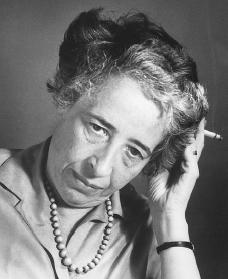
Hannah Arendt argued that interreligious difference and Christian theology are steady influences on political movements, action, and thought.
